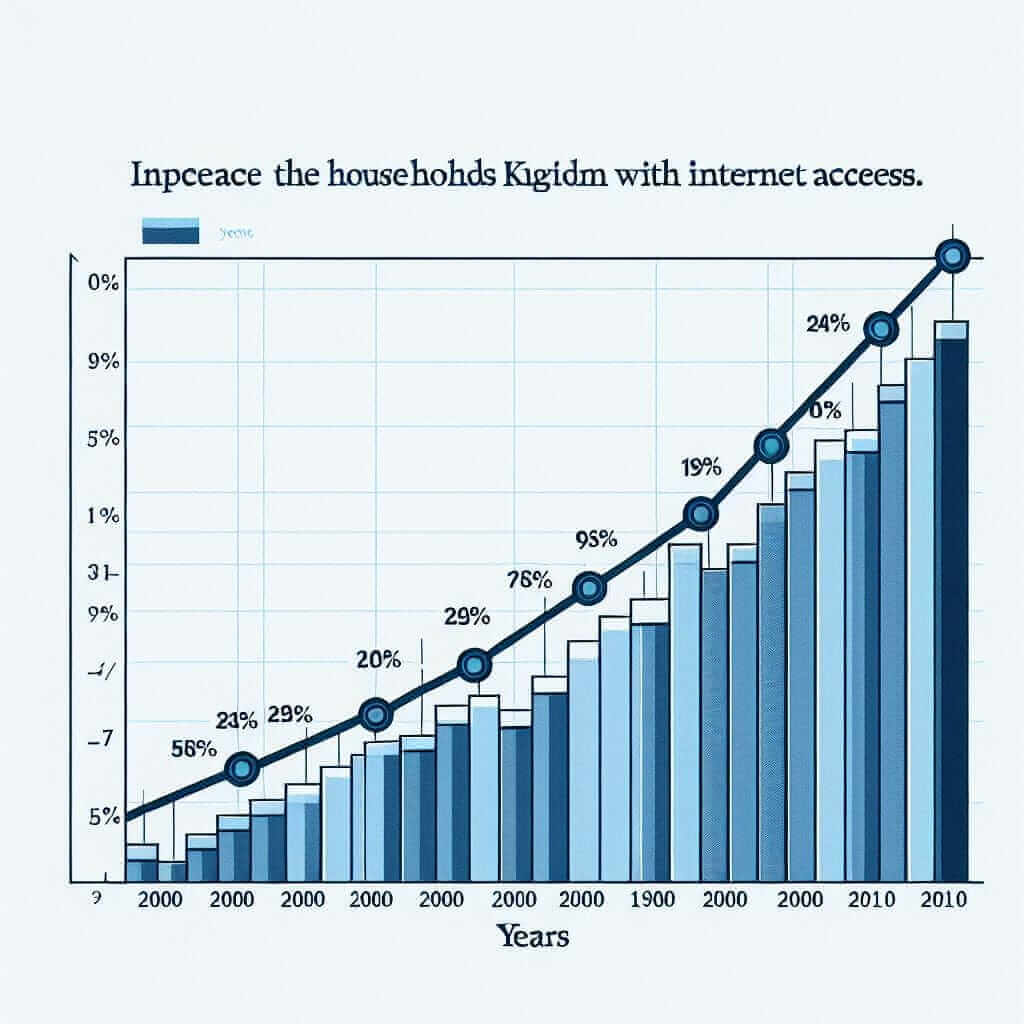As an IELTS instructor with over 20 years of experience, I’ve witnessed firsthand the struggle many students face when it comes to paraphrasing in the IELTS Writing Task 1. It’s not just about swapping a few words; it’s about demonstrating your understanding of the data and presenting it in a clear, sophisticated manner that showcases your lexical resource.
Why is Paraphrasing Important in IELTS Writing Task 1?
Paraphrasing effectively is crucial for achieving a high band score in IELTS Writing Task 1 for several reasons:
- Avoids Plagiarism: Directly copying language from the task question is penalized. Paraphrasing ensures you are using your own words to present the information.
- Demonstrates Vocabulary Range: Examiners are looking for your ability to use a variety of vocabulary relevant to the topic. Paraphrasing allows you to demonstrate this.
- Shows Understanding: By successfully rephrasing the information, you prove you have grasped the meaning of the data and can present it in different ways.
Effective Paraphrasing Techniques for IELTS Writing Task 1
Here are some proven techniques to help you paraphrase effectively:
1. Use Synonyms:
Replace key words in the question with suitable synonyms. For example:
- Original: The graph shows the number of people who visited the museum.
- Paraphrased: The chart illustrates the attendance figures for the museum.
2. Change Word Forms:
Alter the grammatical form of words without changing their meaning:
- Original: There was a significant increase in sales.
- Paraphrased: Sales increased significantly.
3. Restructure Sentences:
Change the order of clauses or phrases, while retaining the original meaning:
- Original: The price of oil rose sharply, while demand remained stable.
- Paraphrased: Despite stable demand, the price of oil experienced a sharp increase.
4. Use Different Reporting Verbs:
Instead of repeating the same verbs like “show” or “illustrate,” utilize a wider range:
- depict
- reveal
- indicate
- highlight
5. Combine Sentences:
Combine shorter sentences for a more complex and academic writing style:
- Original: The graph shows an upward trend. The table shows a downward trend.
- Paraphrased: While the graph displays an upward trend, the table presents a contrasting downward trend.
Example of Paraphrasing in IELTS Writing Task 1
Let’s look at a sample question and how to apply paraphrasing techniques:
Original Question:
The chart below shows the percentage of households with internet access in the UK between 2000 and 2010.

Paraphrased:
The chart provides a breakdown of internet penetration rates for UK households over a decade, from 2000 to 2010.
Analysis:
- “shows” is replaced with “provides a breakdown of”
- “percentage of households” is rephrased as “internet penetration rates”
- “between 2000 and 2010” is changed to “over a decade, from 2000 to 2010” for better flow.
Tips for Successful Paraphrasing:
- Don’t Overuse Synonyms: Ensure the synonyms you choose fit the context naturally.
- Maintain Clarity: Don’t sacrifice clarity for the sake of complex language. Your priority is to present the information clearly.
- Practice Regularly: The more you practice paraphrasing, the easier and more natural it will become.
Conclusion
Paraphrasing is an essential skill for IELTS Writing Task 1 that requires consistent practice and a good command of vocabulary and grammar. By mastering the techniques outlined in this guide, you’ll be well on your way to achieving a higher score in your IELTS exam. Remember, clear and accurate communication of the data is key!